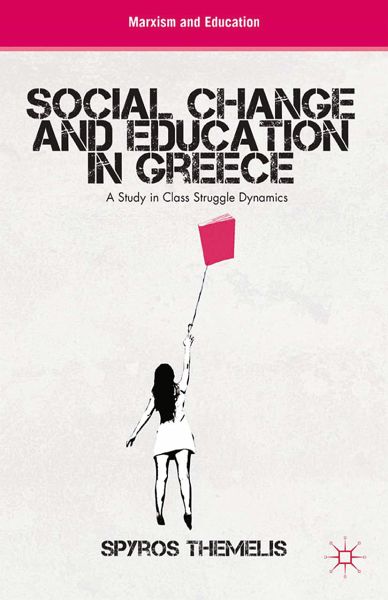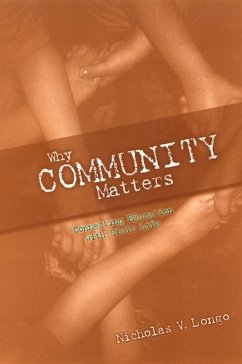
Social Change and Education in Greece (eBook, PDF)
A Study in Class Struggle Dynamics
Versandkostenfrei!
Sofort per Download lieferbar
40,95 €
inkl. MwSt.
Weitere Ausgaben:

PAYBACK Punkte
20 °P sammeln!
Aims to inform students, scholars, and educators about the complex processes and factors that promote or impede education's potential to enhance individual advancement within the socioeconomic structure of a late-industrialized country within the context of modern capitalism.
Dieser Download kann aus rechtlichen Gründen nur mit Rechnungsadresse in A, B, BG, CY, CZ, D, DK, EW, E, FIN, F, GR, HR, H, IRL, I, LT, L, LR, M, NL, PL, P, R, S, SLO, SK ausgeliefert werden.












